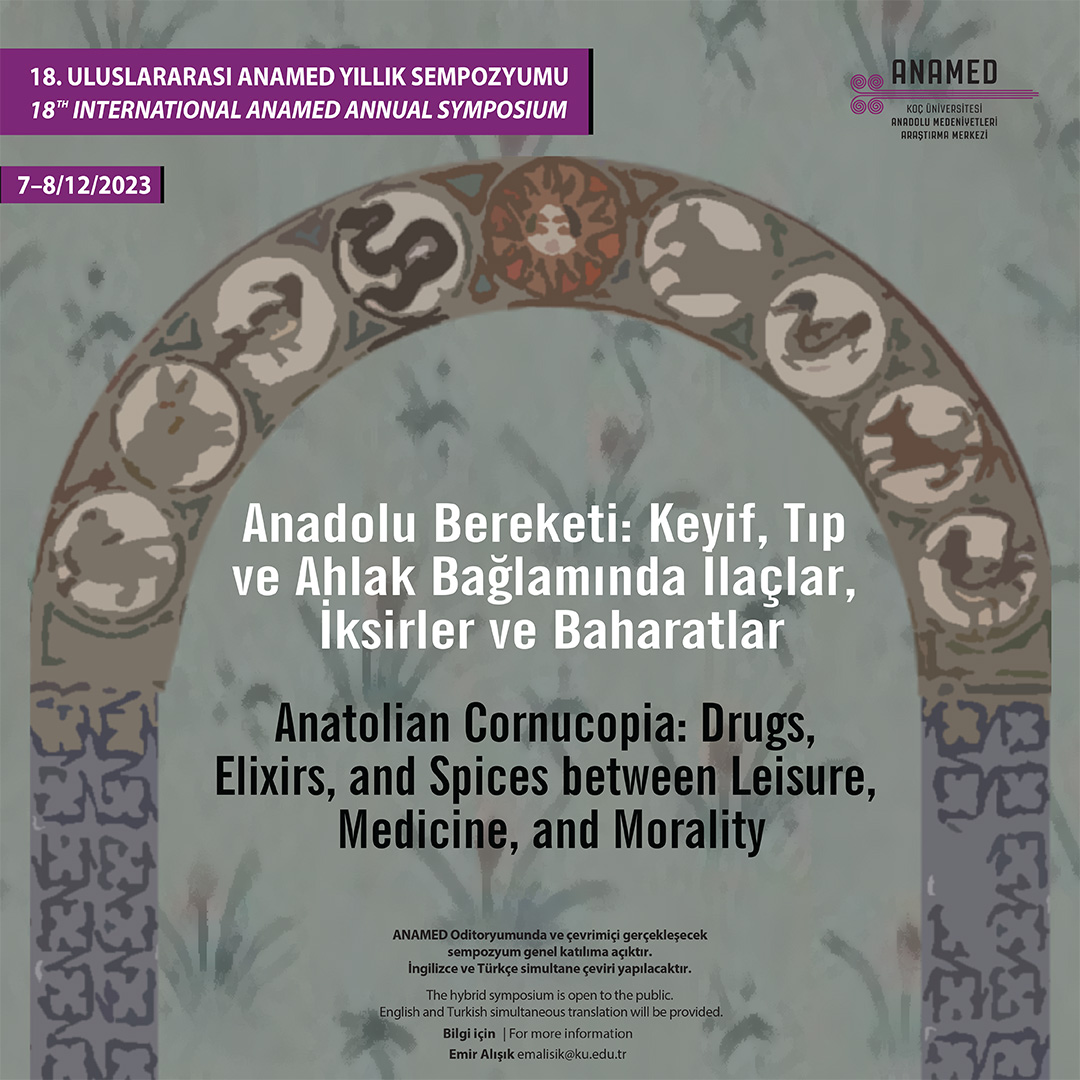
Throughout its history, Anatolia was home to the cultivation, consumption and commerce of a significant number of addictive and intoxicating plant products which were in constant use, locally, regionally and globally, for medical and ludic ends, even as they always remained on the edge of the moral acceptability. Indeed, both wine and opium claim a deep Anatolian pedigree (if not ultimate origin, which may lie slightly further to the north-east for the former and south-east for the latter); tea and coffee, though obviously native of lands far afield (east Asia and the southern Red Sea respectively), would both become intimately associated with the place, to such an extent that Turkey has perhaps the largest tea consumption per capita in the world and the words for breakfast and brown in Turkish involve a reference to coffee. Cannabis, meanwhile, has been consumed, grown and traded in significant quantities in Anatolia for centuries. These are only some of the most common of such intoxicating drugs that populate the history of Anatolia.
Indeed, the giant peninsula and its cities (Bursa, Konya, and Istanbul/Constantinople, among others) were hubs for material, intellectual, and cultural exchange from Antiquity to today. Anatolia literally straddled Euro-Afro-Asian avenues of contact. Material goods, such as silk and spices, and later coffee, travelled east and west, but also north and south. Craftsmanship and artistic techniques, from the making of tiles to styles in miniature painting also connected Anatolia to worlds far beyond, from Central Asia to the Mediterranean, North Africa to South Asia. The convergence of trade routes led to the blending of different types of local and regional knowledge, forms of socialization, and material goods. And much this involved the everyday life of all sorts of drugs – in the widest sense of the word.
Consumables, in the form of spices, often connected practices that today we think as distinct. A given herb or a seed could be used to produce medicine or stimulants, turned into elixirs, beverages or luxury food. These multiple applications of spices and herbs, some coming from distant lands and some local, but all integrally embedded in Anatolian dynamics, linked health, bodily pleasures, sensorial experiences, and different stages of consciousness in a wider web of social and intellectual praxis.
Changes in medical practice and theory, as well as forms of consumption, leisure, luxury, and spirituality, together with ideas of morality, at times derived from the use of specific substances just as they changed the ways people consumed them. In the seventeenth century, just to take a particularly poignant moment, coffee transformed everything from Sufi practices to spaces of sociability. Roughly around the same time, a scholar was discussing the value of tea as medicine, based on uses in distant China. Similarly, opium was considered by some as a permissible medical treatment, while coffee was also denounced as an intoxicant similar to wine.
The history of substances, materia medica and spices in Anatolia is one that intersects with the production of local, regional, and transregional knowledge, the emergence of new social spaces, political consciousnesses, and commercial habits. Anatolia, as a place in between routes, with its rich cities and lively markets, as a center for learning, but also as a hub for people seeking refuge from Europe, Central Asia, the Levant and North Africa, is a geography uniquely suited to think through the production, circulation and consumption of drugs, and the ideas and practices around them.
18th ANAMED International Annual Symposium on “Anatolian Cornucopia” is convened by Kerem Tınaz (Koç University) and Alexis Wick (Koç University) on December 7–8, 2023 at ANAMED Auditorium and online.
The symposium is open to general participation and no registration is required for both physical and online participation. The language of the event is English. Simultaneous English-Turkish translation will be provided only in the ANAMED Auditorium and will not be available online. Click here on the day of the symposium for online participation.
Click here for session details.
Click here for Symposium Abstract Booklet.
Meeting ID: 958 9212 3206
Passcode: ANAMED
For information and other questions, please contact Emir Alışık (emalisik@ku.edu.tr).

